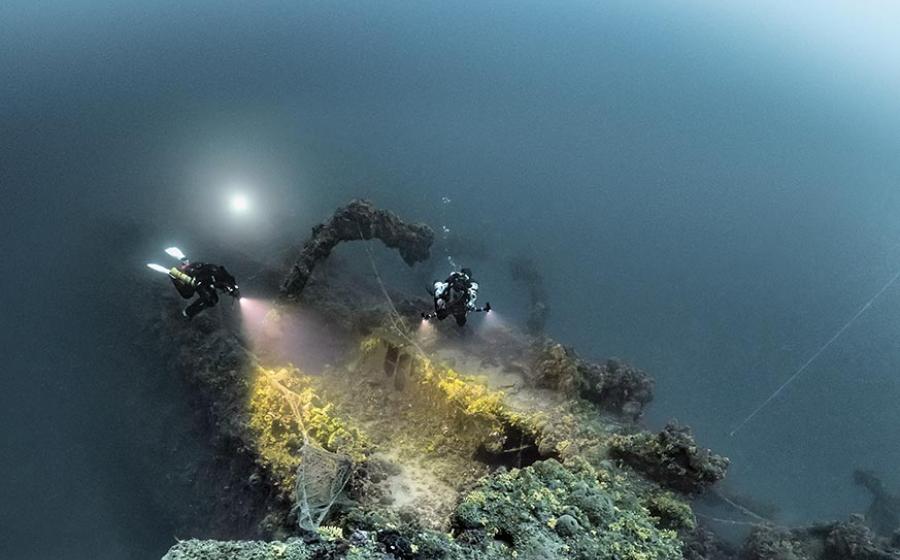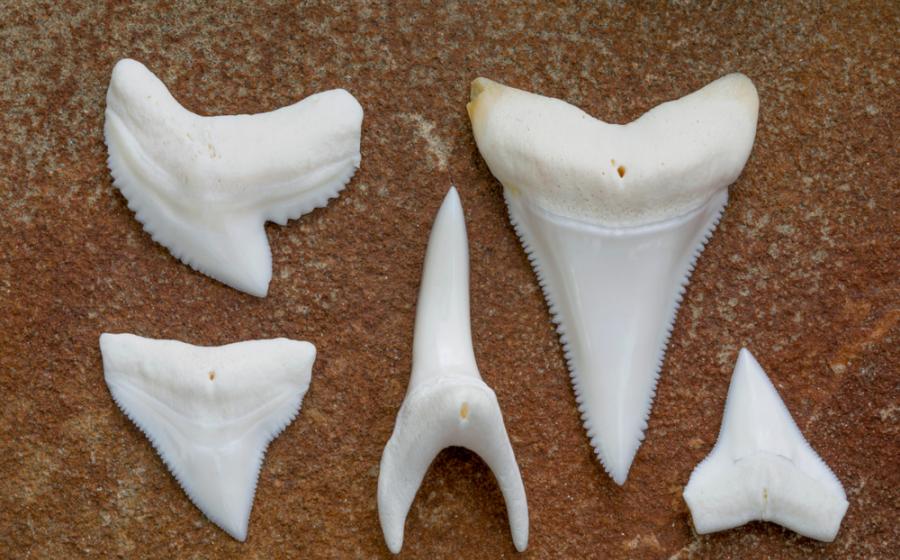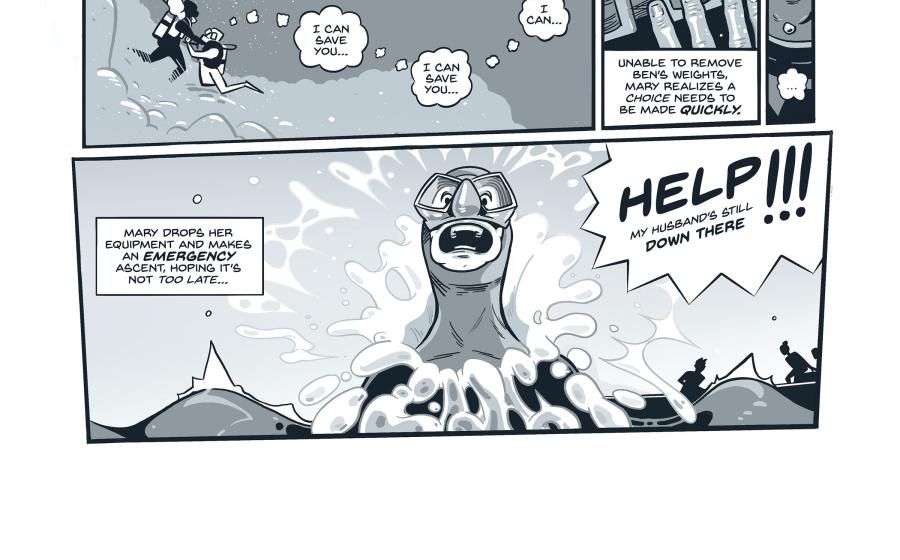Scuba Diving in Bonaire
Anguilla's turquoise waters boast seven marine parks: Dog Island, Prickley Pear, Seal Island Reef System, Little Bay, Sandy Island, Shoal Bay Harbour Reef System and Stoney Bay Marine Park. Dive sites include wreck dives, shore dives, mini wall dives, night dives and heritage diving. Anguilla is known for its intentionally sunk shipwrecks. The island is home to a truly unique attraction, a 960-ton Spanish galleon, El Buen Consejo, that rests on the ocean floor with its cannons and cargo serving as a silent testament to the Caribbean's turbulent past. Anguilla also boasts a healthy double reef system, where a wide variety of corals flourish.
Weather: About 80 degrees year-round.
Average Water Temp: Mid-80Fs in summer in the north, dropping to mid-70Fs in winter. Dive season is year-round.
Average Visibility: 100-plus feet.
Travel Savvy: A passport and onward or return ticket is required. Anguilla is 20 minutes north from French St. Martin by ferry. There are a number of options available for getting to the island. Visitors can fly directly into Anguilla's Wallblake Airport from Puerto Rico via American Eagle/American Airlines and LIAT, or opt to fly directly to St. Maarten, Antigua, St. Thomas or St. Kitts for easy transfer to Anguilla
Destination Links: www.anguilla-vacation.com and www.ahta.ai.
Quaint, colorful Dutch architecture, friendly people and easy 24-hour diving all combine to make Bonaire one of those rare destinations that scuba junkies return to year-after-year. In the time that it takes you to say “Bon Bini” — the local term for “Welcome” — you'll fall in love with this island located just north of Venezuela.
Make just one dive underwater and you'll know why Bonaire is a favorite among divers. The best dives in Bonaire are accessible from shore. If you prefer, most dive sites can be accessed by boat, and dive operators also offer daily two-tank dives at Klein Bonaire, an uninhabited island off Kralendijk that boasts nearly two dozen dive sites of its own. For more than 30 years, Bonaire's pristine reefs have been protected as a marine park.
Some of the best dives on Bonaire require neither a boat nor a car — they're found right off the dock of some of the island's resorts. If you're a guest, you can suit up and wade in any time the mood strikes.
NEED TO KNOW Weather: Bonaire is an arid, sunny island swept by constant trade winds. Daytime temps rarely rise above 85 in summer, or fall below 75 in winter.
Average Water Temp: Averages 80 in summer, but may drop to mid-70s in winter.
Average Visibility: Ranges from 50 to 100 feet.
Entry Documents: A passport is required, as well as a return or continuing ticket.










